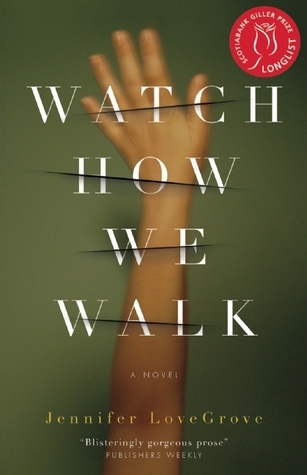What do you think?
Rate this book


320 pages, Paperback
First published January 1, 2013
The first line was small, timid, and red. I was scared, but it was the only way through. I breathed deeply and drew the line longer, pushed harder, and it bloomed.
It hurt. I clenched my teeth, then smiled.
I etched another line, perpendicular to the first. It burned, clear and pure, both pain and pleasure, sheer release. Red beaded and dripped down my arm, but I didn’t look away. Compared to everything else that had happened, it was nothing.
I clenched my fist tight, then opened it. Something surged through my veins -- a warm rush, a high, and then, exquisite release.
I stretched out my arm and admired my newfound craft. A perfect red letter L.
All my energy went into planning my escape: researching universities, filling out forms, creating a budget, getting a summer job. These were things considered normal, even commendable for most teenagers, but for me, it was forbidden.